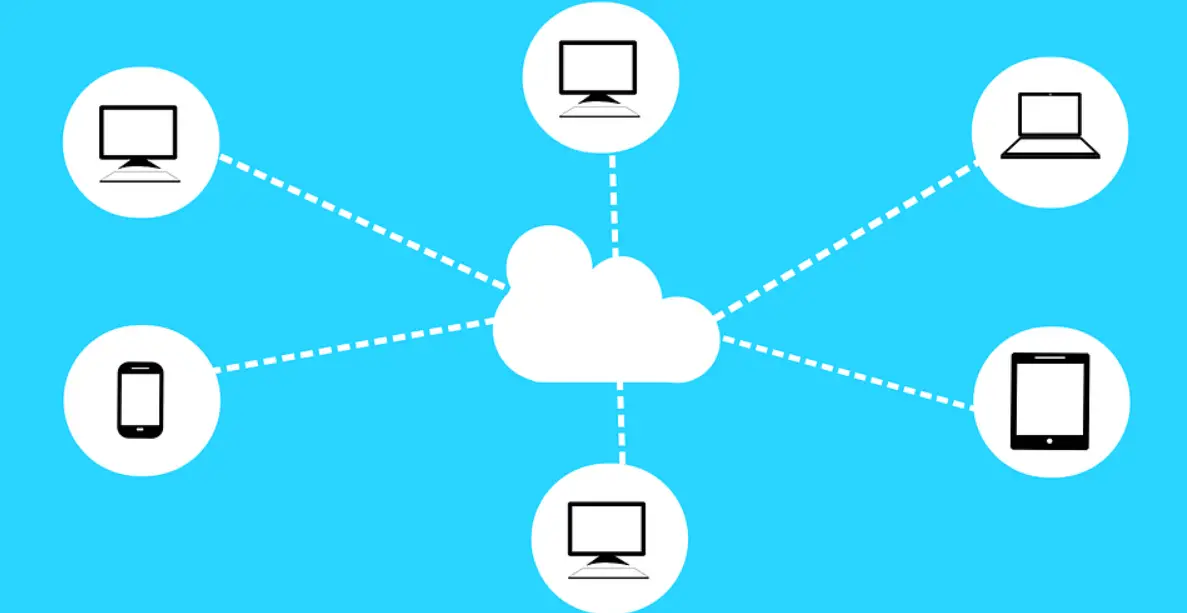The world is changing and so is the way we communicate. From landlines to cell phones, we’ve come a long way. But now, as more people are using smartphones and tablets, our communication habits are evolving yet again to include Internet-based cloud communications like those offered by Skype or FaceTime, for example. The global popularity of cloud systems has been increasing exponentially in recent years because they allow for free calls from one device to another without the need for an old-fashioned telephone line.
Working on Any Type of Device
It doesn’t matter what type of device you use to get connected to the internet, be it a laptop, tablet, or even just a phone. If you have an internet connection and a storage location for your contacts list (which can be stored on the cloud itself), then you already have the necessary tools, like a highly-reliable VoIP SIP service, to make free calls anywhere in the world. This is possible because no one owns all of the physical lines that run underneath every country’s surface anymore; instead, they are all controlled by third-party carriers from above ground. So when you want to call someone who lives across town or the oceans, there isn’t much standing between you and getting connected other than your own internet connection, which should allow for enough bandwidth to keep things running smoothly.
It Is Not a New Idea
While the idea is certainly novel, cloud-based communication isn’t actually all that new. The reason cloud-based solutions have become increasingly more widespread recently is that advancements in technology have made them even easier to get access to than ever before. People can call or message each other via any internet-connected device from anywhere around the world, which means that if you’re on holiday in a foreign country, you can call your friends or family at home on your trusty tablet and catch up on what’s been going on while you’re away.
They Keep People Connected
In the past, if anyone wanted to communicate with someone who lives across town or the world, they had to go through traditional telephone channels which meant that they would need their own phone line, to begin with. Cloud communications solve this issue because there are no landlines necessary; just one internet connection and storage space for contacts is enough to get all of your friends and family connected at once from any device you choose.
Not Free But Money-Savers
What many people don’t know about cloud communications services is that while they offer free connections between two parties on either end, they do charge monthly fees to keep themselves afloat However, these monthly fees are money-savers because they end up far less than they would have otherwise. The bottom line is that while many people pay for these services every month, it ends up being dramatically cheaper than what people used to pay for phone connections before the cloud became popular.
For example, a family (and especially businesses) that has a total of six people might have to pay just $15 per month, which allows them access to cloud-based communication from any device they choose. Before, however, this same family would have to pay for six separate phone lines for $45 per line every month.
They Require Physical Access to an Internet Connection
For you to be able to use your high-quality cloud service from any device at home or abroad, you need physical access to an Internet connection; this can include your personal router or one by your Internet Service Provider (ISP). If you have access to a router at home, then you should be able to use your cloud communication service just fine, while using a VPN or proxy will allow you to take full advantage of the freedom that cloud-based communication provides.
Not Completely Secure
One of the biggest drawbacks of cloud communications is that they are not completely secure. The point of the data being on the cloud is to stay in a giant storage space for everyone to access at all times, which means that it’s technically possible for anyone who has your phone number or email address to get access to it and use it. However, some carriers and providers have built-in security precautions to keep you safe.
The number of people making use of cloud-based communications for their day-to-day lives is steadily increasing as it becomes more and more ubiquitous. Cloud communications allow people to make free calls from one device to another, without the need for a traditional telephone line, which means that a lot of old-fashioned landlines are going out of business altogether. Whether you’re selling a digital product online or running a brick-and-mortar business, you can use cloud-based communication to interact with your customers or clients.



